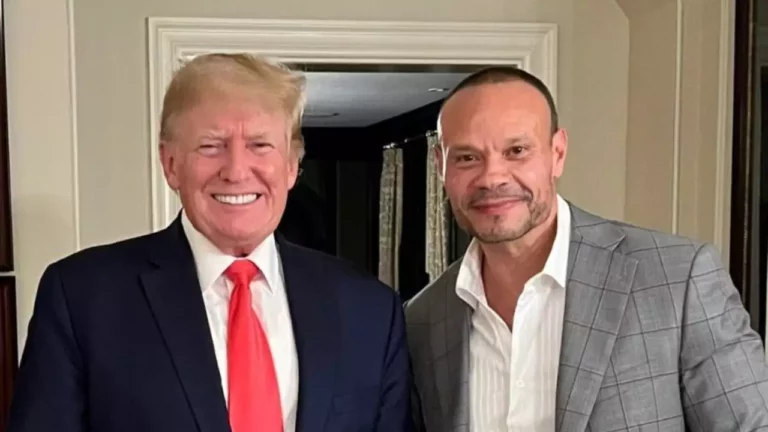 Republicans fall into two camps when it comes to President Barack Obama’s nuclear deal with Iran. Some are against it, while others want to read it before announcing their opposition.
Republicans fall into two camps when it comes to President Barack Obama’s nuclear deal with Iran. Some are against it, while others want to read it before announcing their opposition.
Either way, they are laying down markers for next year’s campaigns for the White House and control of Congress. They question the deal’s impact on the security of Israel, and wonder aloud why anyone would trust President Barack Obama, whom they accuse of naively trusting the word of the leadership of the anti-Israeli, Islamic State of Iran.
Obama offered a rebuttal at a White House news conference on Wednesday, inviting reporters to make sure they challenged him with each of the criticisms coming from Republicans so he could rebut them all. More broadly, he recommended that critics “read the agreement before they comment on it.”
It seemed a simple request on a diplomatic accord that politicians in both parties agree is a momentous event — particularly for tea party politicians who rode to power in 2010 vowing to read each and every bill they vote on.
But not all Republicans seem ready to grant his wish.
Wisconsin Gov. Scott Walker, a presidential candidate, opposed the deal even before it had been completed, much less circulated for study. Earlier this week, he pledged to “terminate the bad deal with Iran” on his first day in the White House.
In the Senate, Republican Sen. Tom Cotton of Arkansas said the agreement was a “terrible, dangerous mistake. …The American people will repudiate this deal and I believe Congress will kill the deal.”
The first assertion sounded like a prediction about the 2016 election. The second pointed toward a struggle over a coming attempt by congressional Republicans to pass legislation that blocks Obama from lifting many economic and other sanctions whose removal are part of the core of the deal.
The Republican leadership sounded more open-minded, barely.
House Speaker John Boehner, R-Ohio, told reporters that Obama had abandoned all the goals he previously announced for a deal to lessen sanctions against Iran in exchange for concessions in Tehran’s nuclear program.
“If, in fact, it’s as bad a deal as I think it is at this moment, we’ll do everything we can to stop it” he added at a news conference.
Across the Capitol, Senate Majority Leader Mitch McConnell said he, too, wants to study the agreement — then offered a prediction that left little doubt where he will land.
The Kentucky Republican said Obama will “work hard to get the 34 votes that I know he knows he needs in order to sustain” a veto of legislation the Republican-controlled Congress intends to pass.
The Israeli question is a constant factor. “We think this is not only a threat to us. We think this is a threat to you as well,” Prime Minister Benyamin Netanyahu said in an interview with NBC, referring to the United States.
His opposition is long-standing, and Boehner angered the White House earlier this year by inviting the Israeli leader to outline his concerns in an address to lawmakers assembled in the House.
The American Israel Public Affairs Committee, which calls itself “America’s Pro-Israel Lobby,” issued a statement saying the agreement “would facilitate rather than prevent Iran from obtaining a nuclear weapon and would further entrench and empower the leading state sponsor of terror.”
The group carries weight in Congress, and an unmeasurable influence among Jewish voters. As a group, Jews cast an estimated 2 percent of the votes in 2012, backing Obama by a margin of 69 percent to 30 percent for Republican Mitt Romney.
Even harder to predict is the impact on the competition among Republican presidential contenders for the support of a small number of very wealthy conservative, Jewish donors. It is manifested in a competition among the hopefuls for the allegiance of billionaire Sheldon Adelson, a strong supporter of Netanyahu.
Among Democrats, former Secretary of State Hillary Rodham Clinton said she, too, wants to study the deal.
In a written statement, she acknowledged Israel’s concerns, and in the process, perhaps showed the way for congressional Democrats whose votes Obama will need to uphold his veto.
She said enforcement of the agreement is paramount, Israel must know the United States will guarantee it a continuing military edge in the Middle East, and added, “As president, I would invite the senior Israeli leadership to Washington for early talks on further strengthening our alliance.”
(AP)











4 Responses
Oh yeah Guess with waning numbers you need Jew votes and money
Iran agreed not develop nukes for ten years, by which time the United states will no long have an option of stopping the Iranian nuclear program (since over time the USA under the Democrats is rapidly demilitarizing). THe US has a window now to prevent the Iranian nuclear program from succeeding, and the US is agreeing to close that window and let Iran proceed (after a decent wait, so Obama can say it was “not on my watch”).
Oh so now they want then to read the bill. I guess it’s Ok to sign the healthcare bill without reading it but read this they must if they dare to disagree with his royal lowness.
And by the way the more you read this bill the more it stinks.